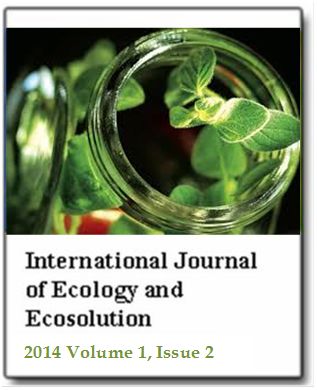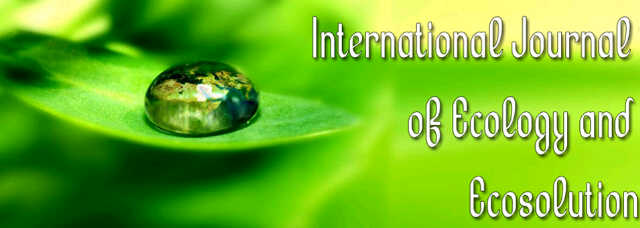Literary environmentalism: An ecocritique of Kiswahili literature
Nabeta Sangili Nixon and Ongutte Ngala RonaldInternational Journal of Ecology and Ecosolution
Published: August 5 2014
Volume 1, Issue 2
Pages 29-41
Abstract
Climate change cuts across the micro and macro layers in populations. It is a demographic issue, which infects and affects each individual irrespective of status. Ecological imbalance is the greatest challenge humanity is facing. Literary environmentalism has permeated into diverse discourses affecting economics, politics, and modern literature. Kiswahili literature is no exception; its reflection of some of these ecological issues is extremely profound. Several Kiswahili artists of poetry, drama, and prose have taken it upon themselves deliberately or otherwise to subtly create awareness to explicitly and implicitly cause ecological cognition in their audience on the existing as well as potential natural and manmade calamities in view of the social, political, and economic ramifications of a destroyed ecosystem. This research therefore immersed itself into a textual analysis of Kiswahili genres that is poetry, drama, and prose to bring to light the ecoliterary developments done by Kiswahili author. The research found out that indeed Kiswahili authors have thematically demonstrated that the most pressing ecological issues are drought and famine brought about by felling trees, encroaching on riparian areas and failure by national governments to take charge of ecological protection. They have portrayed these issues subtly and in aesthetic style, different from scientific perspective. The research selected following texts Kifo Kisimani, Babu Alipofufuka, Nakuruto, and Bara Jingine for analysis.
Keywords: Climate change, literary environmentalism, ecological cognition, Kiswahili literature, textual analysis.
Full Text PDF
